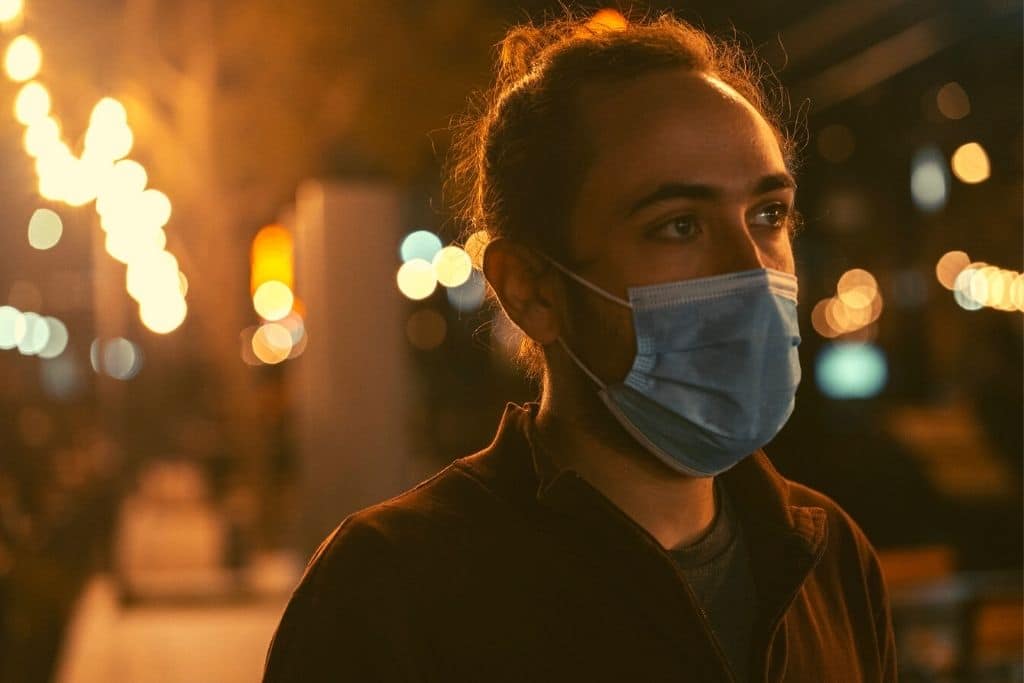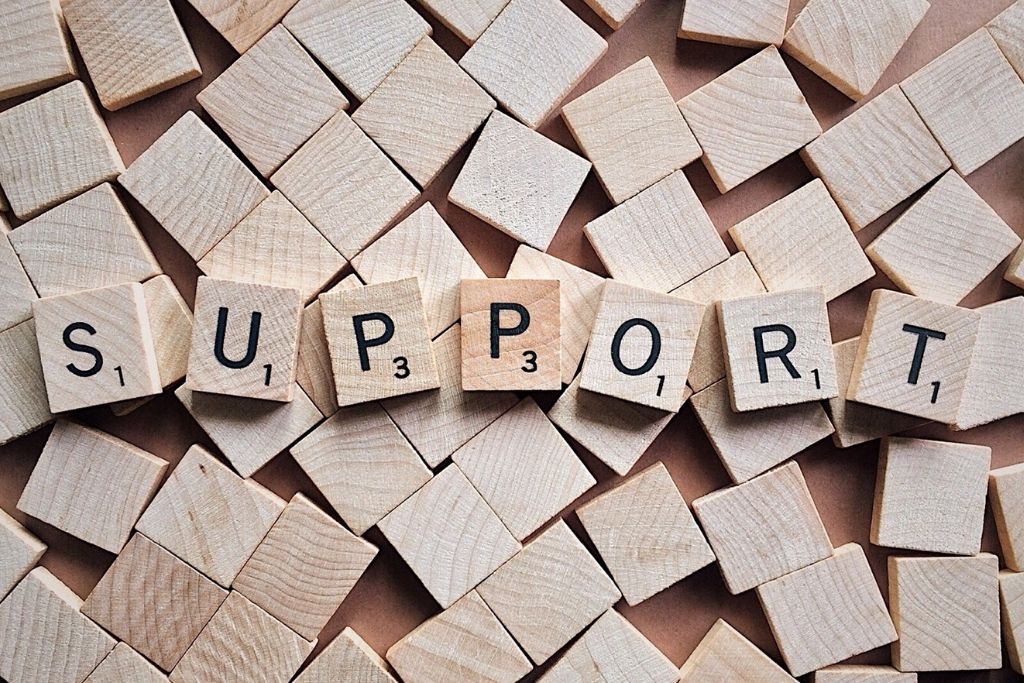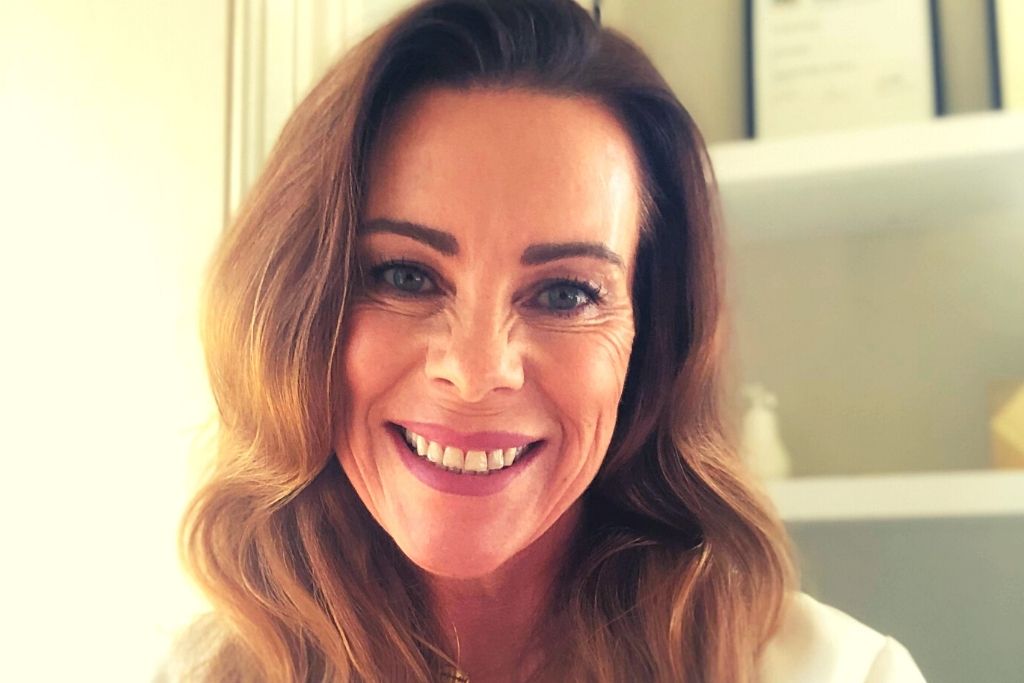Today’s Expert is Suzy Morrison, the Consumer Project Lead at Matua Raki – the National Addiction Workforce Development Programme. Suzy also writes the blog Ageing Can Be A Bitch and shared her Sober Story with us here.
==========
Mrs D: What has led you to this point in your career?
Suzy: My previous experience in the addiction sector was an Alcohol and Other Drug (AOD) practitioner. I trained as a social worker, then as a counsellor when I was in the first five years of recovery. I have worked in a variety of settings over the last 20 years. I was the Continuing Care counsellor at Higher Ground (a residential treatment centre in Auckland); in AOD outpatient treatment both urban and rural; briefly in medical detox, and in the 65+ service based in CADS in West Auckland. Prior to Matua Raki I was working as Family Services Coordinator at CADS Auckland.
Mrs D: What are the main things you have taken away from your years of working face-to-face with people who struggle with addiction?
Suzy: That transformation is possible. That one size does not fit all. That people come to services seeking support as a last resort. Before they get to us, they have tried every which way to manage their use of substances and/or other addictions and it hasn’t worked for them. And it doesn’t matter what gets people in the door. It takes courage to walk in those doors whether they have been given the gift of desperation and initiated the contact themselves or whether they have been mandated by the court. Also, it’s not what people take – it’s where it takes them. It’s not about the substance. It’s about the person.
Mrs D: How advantageous is it for you in your work to have your own lived experience of addiction?
Suzy: For me, having the lived experience of addiction and recovery and the knowledge that change is possible is great for empathy. Also, as part of my ongoing self-care, I belong to one of the radical, underground, abstinence based mutual aid groups who meet regularly in basements and church halls to support each other. I see and hear recovery in action. The strengths and struggles people have. That keeps it real for me. I don’t mean that all others seeking support need go about their recovery in the same way I did/do though. One size doesn’t fit all.
Mrs D: What sort of impact can heavy alcohol or other drug use have on a person’s emotional wellbeing?
Suzy: Problematic use of alcohol or other drugs, as well as the usual physical health risks, can cause disconnection from self and others. It’s tricky, as initially the use of the substance/s can give the illusion of connection, often for the first time, and it feels great and it’s fun. However, if there is a dependence, then there eventually gets to be a disconnect. Not able to take care of emotions as they arise. Always on the run and not present to the now – where connection lives. Life can get very dark and narrow. It gets to the point whereby all the creative energy is channeled into the getting and using and finding ways and means to get more, meanwhile, attempting to make it look as if one has it all together and doesn’t need substances to ‘be normal’. I call it ‘the double life.’ It’s exhausting keeping that up. Always having to think ahead and cover tracks. And if the substance being used is illegal, then that would potentially add to the stress.
Mrs D: You talk about the ‘disconnection’ that addiction can foster in a person. What do you mean by that?
Suzy: The loneliness, guilt, shame of the secrets. There is a saying in recovery circles, ‘secrets keep you sick.’ When I developed a dependence on AOD I began to realise I was out of control. Once I picked up the first one, I couldn’t stop, and I certainly didn’t want anyone else to know that truth about me. It was my secret. It was impossible to keep the secret going and stay connected to myself and/or others. It’s a very lonely place to be, even in a room filled with friends and family. Particularly so perhaps. It was like I was looking through a window. I could see people going about their life and I could more or less go through the motions, however, I couldn’t connect.
Mrs D: How much of getting sober is the ‘inside work’ that needs to be done?
Suzy: When I use the words ‘sober’ and ‘recovery’, I mean more than abstinence. Abstinence is an event and recovery/sobriety is a process. An ongoing process of learning how to live well, with meaning and purpose, humour and warmth, and without the use of mood altering substances. It would be possible, no doubt, to get it looking good on the outside, yet not make changes on the inside. That would be like the old way for me – the lack of connection. I want my insides to match my outsides. To live with ease. I don’t mean in an unrealistic way i.e. without conflict. In life, conflict will present sooner or later. I used to interpret the word ‘serenity’ as meaning living without conflict. And if I was experiencing conflict, I was doing something wrong. I wasn’t ‘serene’. I mean to be able to deal with conflict as it arrives without a drug or a drama. Forging the new neural pathways is an inside job☺
Mrs D: Often addicts have an immense fear of living without their drug of choice (I know I did), how would you help them to see life in recovery as an attractive choice?
Suzy: Well it was attraction that worked for me. I went to residential treatment and met others who were learning how to live well without using AOD. Some of them were a few months along the path and were able to function well and laugh and identify feelings and so on. I listened to their stories. That reduced the fear for me. ‘If they can, maybe I can?’ Some staff in the treatment centre had some years of recovery up and were living meaningful lives and that was attractive and aspirational for me. Prior to being in that recovery environment, my only experience of living without AOD was in withdrawal and that felt awful, physically, mentally, spiritually and emotionally. So the thought of letting go was terrifying. It was a process of coming to believe I could let go. I don’t know if it’s possible to convey that, one to one, early on. In my personal and professional experience, its groups of people who show each other the way. That’s the beauty of Living Sober. People are connecting, (even if they are just watching) and showing each other there is a way out. Recovery is a reality.
Mrs D: Are there any particular books or resources you would recommend to someone who was just starting out on their recovery journey?
Suzy: I read a lot of self-help books early on, attempting to work myself out and fix myself quickly. They were helpful in a way and it was good to see myself in the pages. It was important for me to get the solution part though and not get lost in the problem. I prefer to read peoples stories of recovery these days. I found Michael Leunig’s “A Common Prayer,” was very helpful for spiritual nourishment.
My all-time favourite though, is “Each Day a New Beginning”, which is a book of daily reflections for women. It’s a Hazelden publication and I am on my second edition because the first one fell apart due to being used every morning for many years. That’s how I begin my day.
Mrs D: Tell us more about your current job as Consumer Project Lead at Matua Raki …
Suzy: The ‘consumer’ word indicates that I have lived experience of addiction and recovery. I support the growth and development of the addiction peer and consumer workforce in NZ. And I get to work on projects that I have a particular interest in such as AOD & Older People. Our consumer projects aim to develop and support the capacity and capability of the addiction treatment peer and consumer workforce, as well as support the other Matua Raki activities and projects. In a nutshell I work to ensure an effective consumer voice at key levels of the addiction sector, facilitating forums for the Addiction Consumer Leadership Group, supporting the ongoing development of consumer advisory roles, developing the peer support worker role within the addiction sector, providing peer supervision and mentoring skills training, and developing relationships at a national level with mental health service user bodies.
Mrs D: How important is it that people with lived experience have a voice in Government projects?
Suzy: It’s important to have a voice for sure – and the voice of lived experience of addiction and recovery. Otherwise it can easily get lost under the heading ‘mental health’. There are similarities and differences in the addiction and mental health sectors. And we support each other to serve the people coming through our (services) doors seeking help. However, it’s important to recognize the added value a person with lived experience of addiction can bring to the table. I don’t mean it needs to be my voice in particular. We have a Matua Raki Consumer Leadership Group (MRCLG) Abstinence is an event and recovery/sobriety is a process. An ongoing process of learning how to live well, with meaning and purpose, humour and warmth, and without the use of mood altering substances.consisting of eight of us, all working in consumer or peer roles in NZ. We come from a variety of recovery paths and all of us have wide ‘consumer’ networks. We all serve on reference groups and participate at various levels in policy development.
Mrs D: What do you often find yourself emphasising in meetings or documents regarding the consumer voice (i.e. what needs to be done to ensure those with lived experience are considered properly)?
Suzy: That one size does not fit all. There needs to be a menu of options services can offer, to meet the person coming in the door. That services aim to come from a place of recovery oriented systems of care. That stigma and discrimination are alive and well within and without the sectors. Including in the person themselves. This can be a barrier to people seeking support as the substance/s of use may be illegal. That particular substances are ‘demonised’. For example say, methamphetamine is seen to be worse than alcohol, so the person themselves may perceive themselves as ‘worse,’ therefore, ‘bad’. You can see how that can affect people and the people close to them.
Mrs D: What’s the best part of your job?
Suzy: The people, the people, the people. The people I work with in the Matua Raki team, including the MRCLG, in Te Pou and in the wider sector. The people in peer and consumer workforce roles, developing and growing into a dynamic and valued part of what’s on offer for people seeking support. I love working in addiction. It’s so great that active addiction – which bought me so much suffering and disconnection – also bought me to a career that is meaningful to me and of value to the community. Therein lies the connection. Who knew☺
Mrs D: Anything else you’d like to add?
Suzy: I love that I don’t have to have everything ‘sorted’. That life is a process. The learning continues , both personally and professionally. A wise woman said to me early on ‘Take your recovery seriously, and learn how to not take yourself seriously’. Best guidance ever.








Thanks Suzy,
I am grateful for the help I received some years back from CADS. It was not a quick fix, but I remember the faith that the counsellor had, that I would eventually, without using any other legal drugs, I.e.. naltrexone, be free of dependancy. As you say, it,s always on a day by day basis.
The support services must be appreciative of Mrs D,s brave decision to go public and establish the Living Sober site. Thanks again for the inspiring writing, now I am going to look for the book about beginnings.
Love this : ) ………… I just became a PSW, so this is very inspiring……. thanks : )
Dear Susy…My name Yemaya and really enjoyed readng your blog and the one syze fts all agree wth..ve been an on-off AA member and thr relgous part sends me runnng..even though looc for the smlartes and not the dfferences.. always end up runnng a myle…then the enevtable happens and get lonely… completed my Certfcate n Mental Helth and Addcton wth 6 A+ wth dstnctn last year…( fab boost for my sense of wellbeng) …want to start a casual non 12 step group ? Any thoughts…( the letter after H wont wryte nor the letter after J …So am substuttung them for Y orG …( hope you can read ths…cheers Yemaya
Thank you QuietlyDone
Thanks Lolly
Ah the double life, you described it so well, and about not what people are taking but where it takes them, thanks for taking the time to connect with us all, much appreciated
Thank you so much Suzy! Love your responses, especially that life is a process and that it is ok to not have everything sorted out! Great advice from one who gets it!